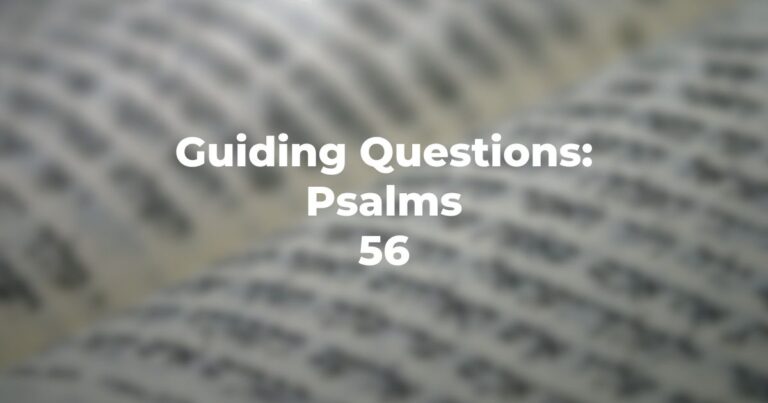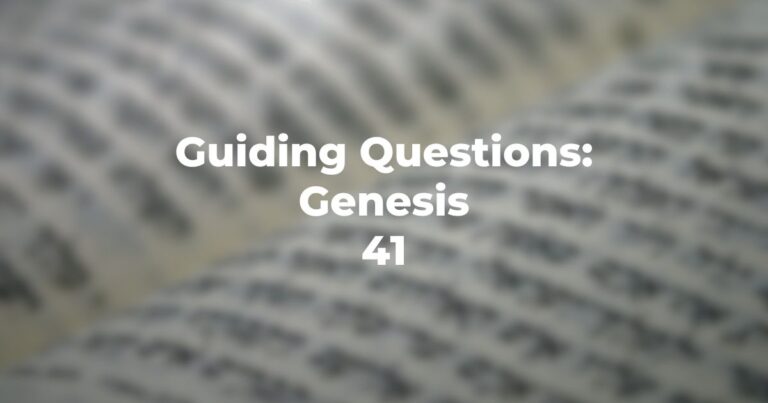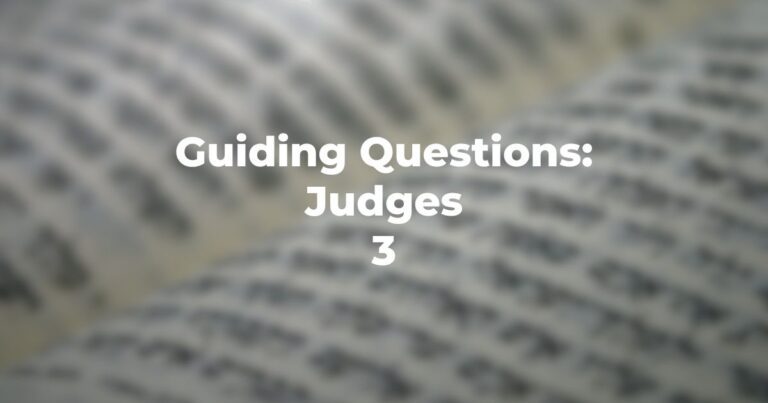- Is the reader “prepared” for the anti-Brit rebellion of the Israelites?
- What do the Israelites “want?”
- Had Moses left them “secretly?”
- Who was responsible while Moses was gone?
- What does Aharon do — and not do?
- Is there a minority group among the Israelites who oppose the anti-Brit sentiment?
- Who makes the godlet?
- Why is it in the form of a calf?
- Who organizes the “hag?”
- What is the difference between “vesamahta be’hagekha” — and “letzaheyk?”
- What does Moses expect when he rejoins the Israelites? What is Moses’ first indication that things are amiss?
- What (could) “kol anot/Anat” mean?
- What does Mosheh’s breaking of the luhot symbolize — anger and/or a broken Brit?
- Is Moshe uncertain as to what to do? Who joins him as he destroys the eygel?
- What has become of B’nai Yisrael (Exodus 32:25)?
- How does Moses seek to remove the “infection” from the Israelites?
- Is flesh and blood more important than brit in tzedek? (Exodus 32:27)
- Does Moses reject the Israelites — desert them?
- Does Moses try to minimize the anti-Brit action of the Israelites?
- What does Moses offer to do in order to undo the feared destruction of Israel?
- Is Divinity described as “angry” because of Mosheh’s offer? Does Mosheh’s offer have the effect he wanted? Will the “maaseh ha’eygel” — the golden calf incident, ever be forgotten?
- Is the Brit itself nullified by Divinity?
- What does this chapter indicate as to memory being a sometime thing and the fragility of commitment when not constantly reinforced?
- Why is it that rejection of the Brit takes the form of regression to the familiar — paganism qua visible godlets?
- Can the phrase “zehMosheh” be translated as “Mosheh’s Thing” (that is, Divinity) which, not being evident by action, is now to be considered remotized to inconsequence?
- Is the reaction of the Israelites the usual pendulumistic tendency of the recently freed but still not fully educated, to move from fealty to rejection?
- Does Aaron represent a portrait of an entrusted leader who betrays the trust by compromising essentials?
- Does he represent the talented speaker who fails to use his talents at a crux moment (having made no attempt to dissuade)?
- Does he represent “the leader” who follows, rather than one who argues and struggles?
- Is the attempt at synthesis (Exodus 32:5), which makes of Divinity a title instead of the Brit maker, acceptable?
- Does this “synthesis” have as its logical conclusion “letzaheyk” — fertility rites — that is, core paganism?
- Does this narrative serve as an example of the Torah’s use of thesis/antithesis, i.e. Mosheh is a leader prototype; Aaron as misleader prototype?
- Do Exodus 32:17-18 have as their objective to describe the true leader as discerning?
- Is Moses, indeed, the leader who exhibits maximum courage, evidences no fear and focuses on the essential?
- In the confrontation between leader (Moses) and misleader (Aaron), who describes the people as precious and who describes the people as essentially evil?
- How does the TorahRefers to the first five books of the Hebrew Bible, the Tanakh, also called the Five Books of Moses, Pentateuch or the Hebrew equivalent, Humash. This is also called the Written Torah. The term may also refer to teachings that expound on Jewish tradition. Read more use a “pun” for mature impact (Exodus 32:25) “farua” and “fara’oh?”
- Does the Torah clearly say that the majority is not right?
- Which ranks which between love and tzedek? Mosheh does the “right thing” and does this mean that the tension between pity, excusism, rationalization must yield to the uprooting of social carcinoma; is that Mosheh’s resolution of the tension?
- Does Moses persist in seeking to salvage the group?
- How might this chapter be described as Moses’ “akeydah” — he offers himself in the place of the Israelites; is this a conscious reflection of the Abraham/Isaac event?
- In Divinity’s response to Moses on his offer, is the tzedek dimension stressed — i.e.: guilt is neither transferable, nor to be assumed by the innocent?
- Does Exodus 32 indicate that there are transgressions which cannot be overlooked?
- As to the eventual judging, does it remain totally uncertain as to when and how?
Author
-

Exploring Judaism is the digital home for Conservative/Masorti Judaism, embracing the beauty and complexity of Judaism, and our personal search for meaning, learning, and connecting. Our goal is to create content based on three core framing: Meaning-Making (Why?), Practical Living (How?), and Explainers (What?).
View all posts




